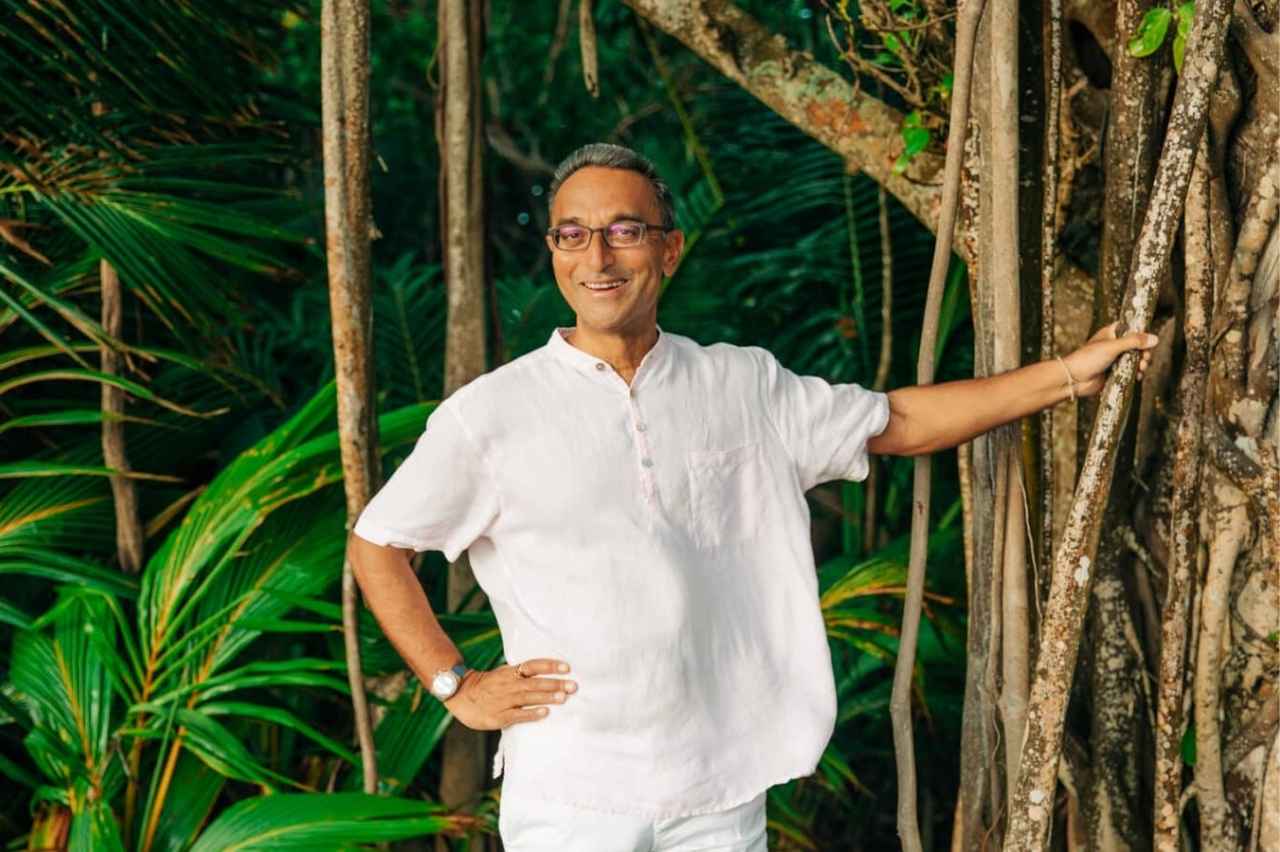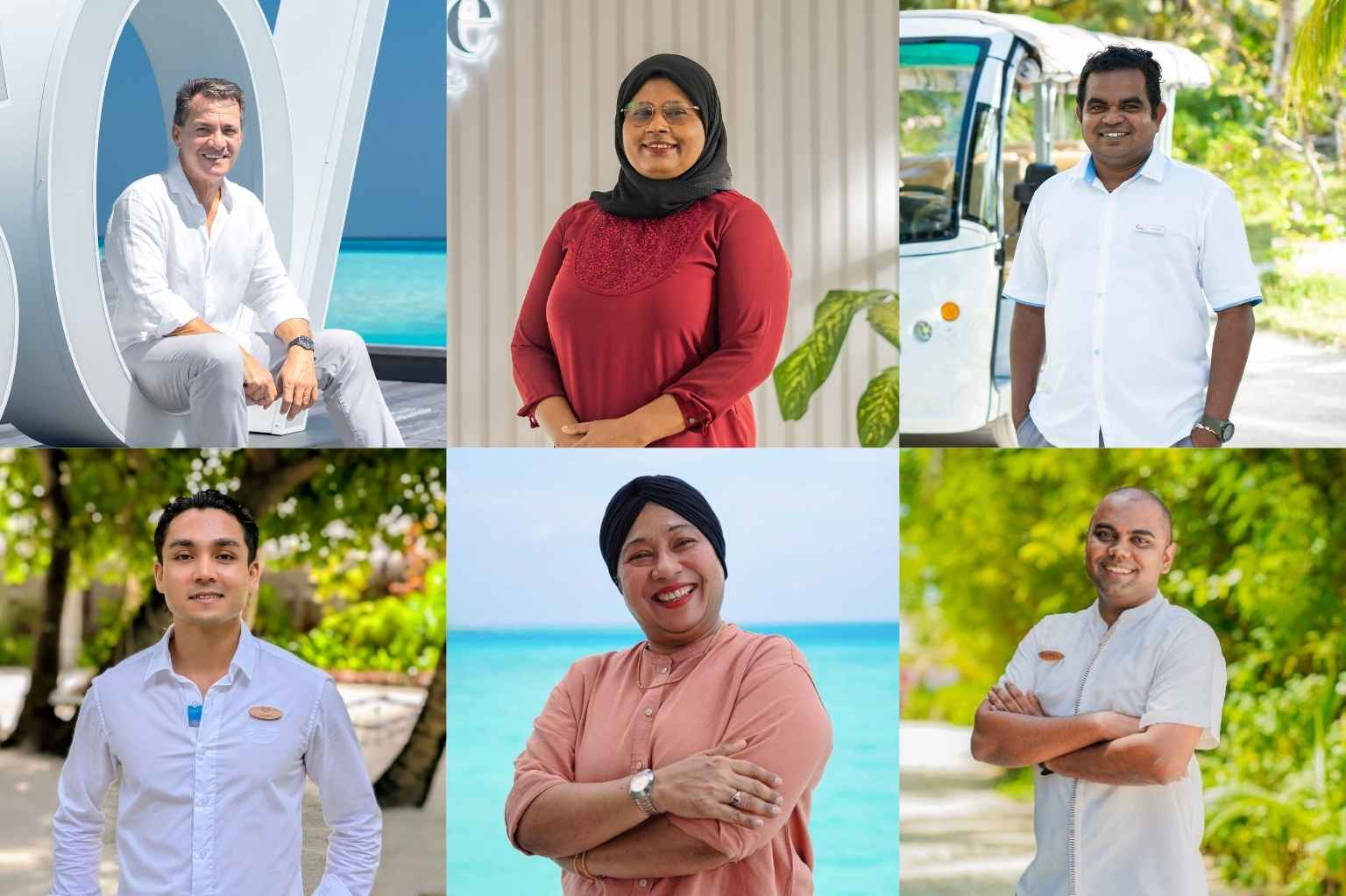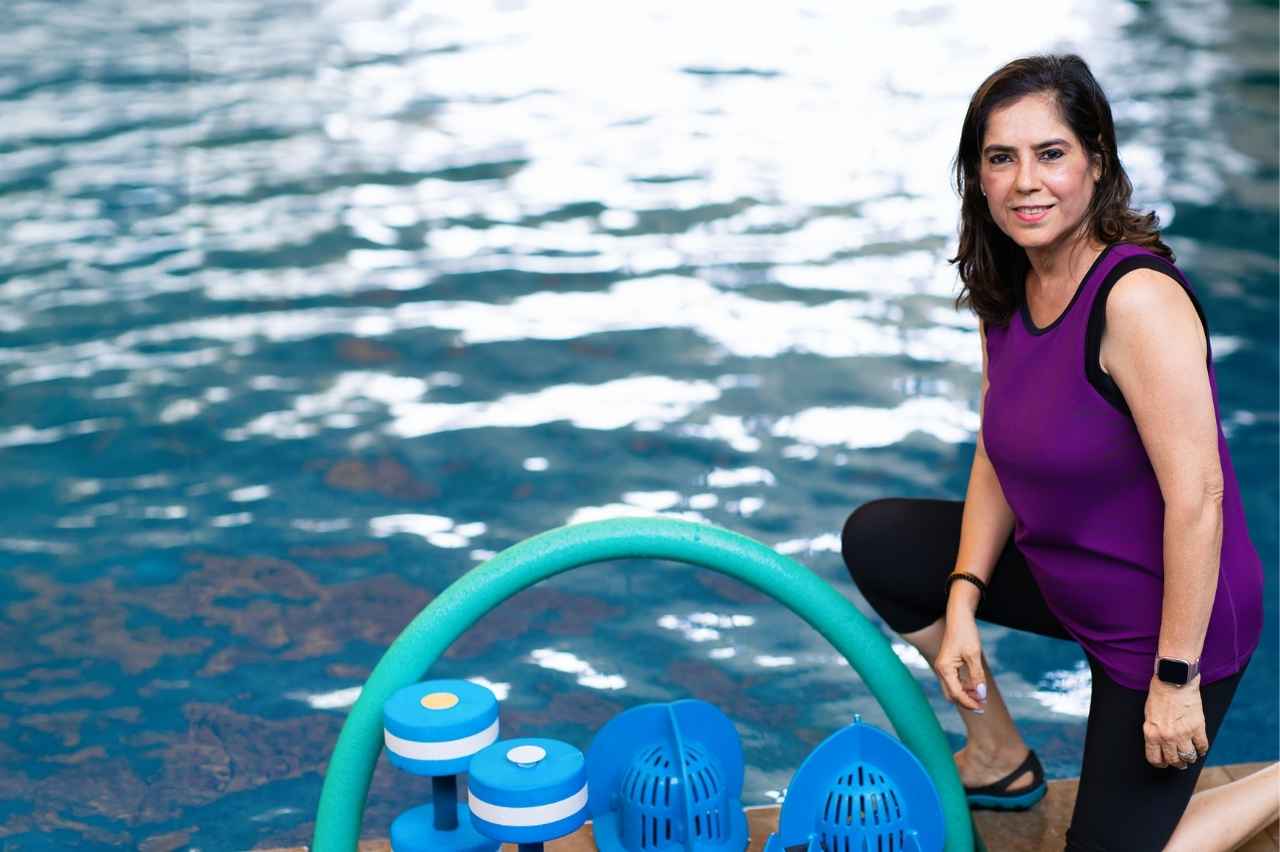Soneva Fushi, the Maldives’ original barefoot luxury resort, has revealed a ground-breaking new addition to its portfolio of sustainable innovations. Makers’ Place is a fully carbon-neutral island studio that will recycle waste plastic and aluminium into works of art, as well as practical objects and building materials.
The Makers’ Place studio was built in collaboration with British artist Alexander James Hamilton, founder of the Distil Ennui Studio™, whose practice spans sculpture, painting, photography, film, lighting and installation.
An advocate for sustainability at a community, island and governmental level for over 35 years and a passionate ambassador for the ‘3 Rs’ (reduce, re-use, recycle), his art engages with the broader public sphere through interventions within natural landscapes and civic spaces alike, arts education, policy-making, issues of sustainability and ecocide.

Makers’ Place has been built from the ground up by Hamilton and his team, with hand-fabricated machinery and processes tailored to the facility’s unique island setting. With major soft drinks brands singled out as some of the world’s worst polluters, the studio aims to tackle the huge volumes of discarded plastic bottles and aluminium cans that choke the oceans, are burned in toxic fires or are dumped in landfill sites each year.
Within its first three days of operation, the studio processed 15,000 aluminium cans alone, creating a better end life for these once-discarded, unwanted materials, and removing them from the fragile ecosystem.
Makers’ Place will invite artists and guests to unleash their creativity, as well as engaging with the wider community through the Soneva Namoona initiative, a collaboration between Soneva and its neighbouring islands in the Baa Atoll to eliminate ocean plastics, promote better waste management and create a more sustainable future for the Maldives and beyond.

The bespoke facility includes a closed-loop wash station to handle the final cleaning stage of the materials, which uses an innovative two-stage filtration system using granular media and coconut charcoal produced on-site, a highly effective natural filter. Unlike standard recycling facilities which are extremely water-intensive, this efficient filtration system enables Makers’ Place to reuse its water over many months – a world’s first.
The system also uses a modified exhaust system to capture harmful volatile organic compounds (VOCs) and carbon emissions when heating plastic or melting shredded aluminium, which uses activated carbon granules to ensure only clean air leaves the studio.
At the end of their life, both the water and VOC filters are transformed into concrete building blocks and waterproofed, which are then used for construction.
Each block is tinted red so that it is instantly recognisable in case of future development and can remain on-site and intact for re-use.

“Every piece of single-use material that is not recycled is exponentially adding to the problem of global warming that we are all facing today,” says Hamilton. “Here in the Maldives we are 1,600 km from the nearest landfall, and it is so sad to quantify that a large proportion of single-use packaging that is brought here has no tangible end-of-life or re-use.”
Hamilton has made it his life’s work to explore and protect the world’s waters through artistic interventions. He has created explorative bodies of work around the world, using the signature of water at the core of his practice.
During the development of Makers’ Place, the artist made a very generous donation of 20 illuminated PhotoGrams from his Visions from the Shoreline series, which contributed towards funding the studio and the Soneva Namoona initiative. As a tribute to Hamilton, these one-of-a-kind studio proofs are now displayed around the studio that they inspired and helped to fund.
Sustainability runs through the heart of Soneva Fushi, which already re-uses or recycles 90% of its waste. Soneva was one of the world’s first hospitality groups to ban plastic straws back in 1998, produces and bottles its own water, and has been fully carbon neutral for both direct and indirect emissions since 2012.
Regeneration is a major focal point of Soneva’s approach to sustainability: each Soneva resort features a Waste-to-Wealth Centre and lush organic gardens, irrigated by greywater and nurtured by compost from the resort kitchens. Soneva Fushi made history in 2014 with the opening of Soneva Art & Glass, the Maldives’ first hot glass studio that invites renowned glass artists and guests at the resort to transform discarded bottles into works of art.
For more information about Soneva, visit www.soneva.com
Feature image by Soneva








